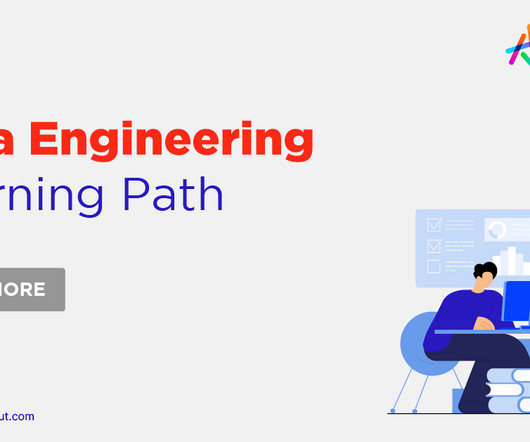Data Engineering Learning Path: A Complete Roadmap
Knowledge Hut
JUNE 23, 2023
Data warehousing to aggregate unstructured data collected from multiple sources. Data architecture to tackle datasets and the relationship between processes and applications. Coding helps you link your database and work with all programming languages. What’s the Demand for Data Engineers?











Let's personalize your content